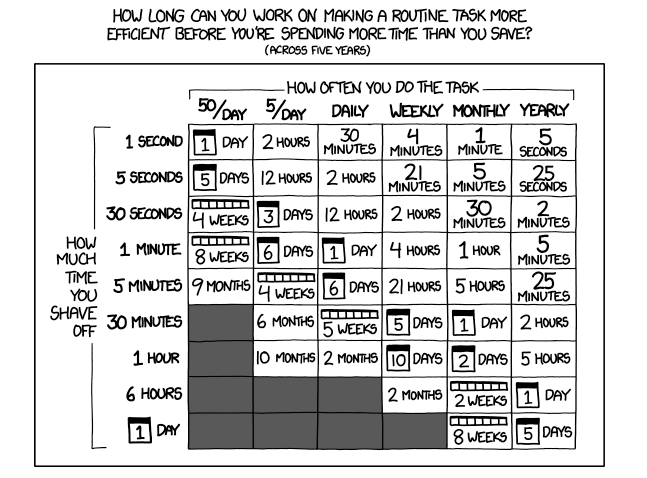Previously… last weekend I contributed to the Inkspill online writing retreat run by poet Nina Lewis. All this week I’m running the sessions I wrote for them. Here’s today’s.
Making Time to Write
I could talk all day about this. And I do. I run full-day workshops on how to make more time for your writing and it comes down to many, many things you can do to shove other work out of your way. I wrote the book on it too. (I have always wanted to say that, thank you for the chance. The book is The Blank Screen: productivity for creative writers.)
I’d like to show you one thing that I think will help you the most, the quickest. It’s just how to handle your email.
Now, that sounds a bit flat: handling email doesn’t seem like a big deal. But you already know that it is and you know it is for two reasons. One is the overwhelming pressure of that gigantic inbox of yours and one is how email interruptions smash your concentration.
Fix the second one first. Switch the bloody bleep off. Turn off the notifications. Yes, there are going to be people whose emails you must see immediately and want to respond to right away. Many email systems let you nominate people as being VIPs and bleeps and notifications from them get through. Fine. But even if you can do that, resist.
Switch email off and make a vow. Some people vow to only check emails in the morning or only in the afternoon, but I suggest you just check it hourly. There’s no need to go cold turkey. But do it religiously hourly. If an email comes in at 9:01am, and I notice it, I still will not actually read it until 10:00am.
Because it makes exactly zero difference to the sender whether you reply in 59 minutes or 59 seconds yet it makes a massive difference to you. Read and reply only at the top of the hour and you’ve just got yourself a clear hour’s writing.
The overwhelming pressure problem is related. But cope by when you do read your emails, dealing with them. There and then. Don’t leave them sitting in your inbox throbbing at you until they scroll off the bottom of the screen.
Actually, do specifically this. Create a new archive mailbox. (How you do this varies a lot but Google the name of your email software and the words “create mailbox” and you’ll see instructions.) Now select every email in your inbox and drag the lot into that archive. Promise yourself you will read them all some day and accept that no, you won’t.
And accept that if it’s that important, you’ll remember to go looking or they’ll email you again anyway. Notice that I say archive, not delete. Don’t delete this stuff, I’ll go pale if you do that and I get you into trouble.
But.
Having now got a nice, gorgeous, empty inbox, wait one second and you’ll have new email in there.
Do this. Read that email. At the top of the hour. If it’s something you can reply to immediately, reply to it immediately.
If it’s something that will take you a bit longer – say because you need to ask someone about it – then create another mailbox called Follow Up or Action or Get On With This, something like that. Drag that email to that Follow Up and swear for real this time that you will look at it and act on it.
If it’s anything else, think about deleting it. I do keep emails when they’re just nice or part of a conversation or really anything other than obviously deletable stuff. You are probably keeping emails around that you think you might like to read some day, like my own email newsletter. Even with mine, delete it if you’re not going to read it now. Okay? Though, you know, have a glance at it first. (You can sign up here for my free weekly The Blank Screen newsletter full of productivity news and advice.)
Think of it this way. When an email comes in, ignore it to the top of the hour. And then when you do read it, decide right away: reply, postpone or trash it.
Do, defer or delete.
Just don’t leave it in your mailbox throbbing. Never read an email twice. I promise both that it will make you feel massively productive but it will also lift that burden of the giant inbox from your shoulders.
William
See William Gallagher’s scribbles – books, Doctor Who radio dramas and the rest – on Amazon.

